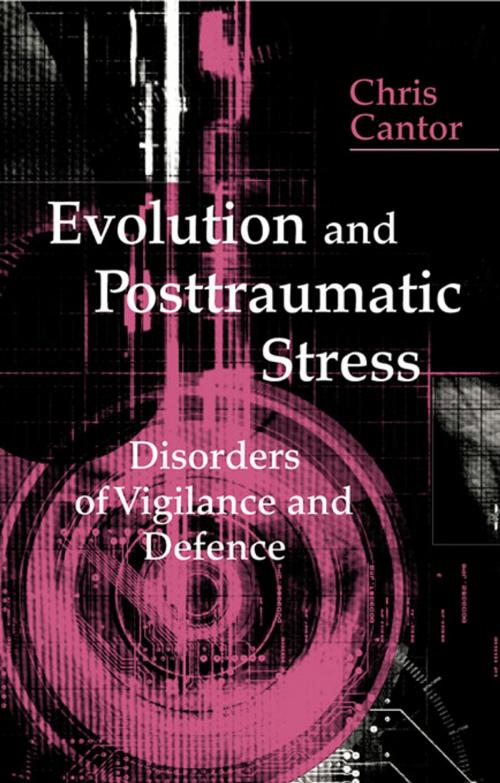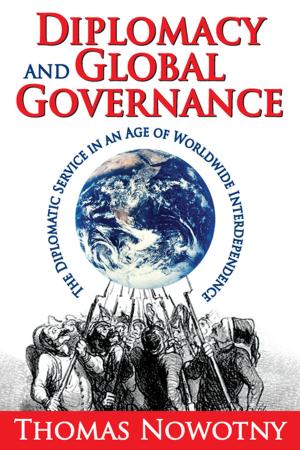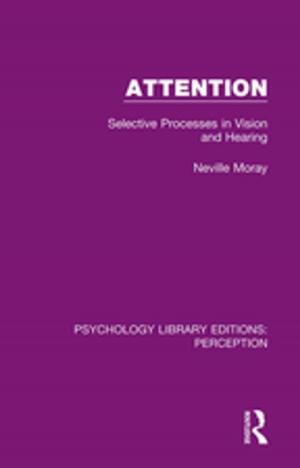Evolution and Posttraumatic Stress
Disorders of Vigilance and Defence
Nonfiction, Health & Well Being, Psychology, Psychotherapy, Mental Health| Author: | Chris Cantor | ISBN: | 9781135448509 |
| Publisher: | Taylor and Francis | Publication: | September 19, 2005 |
| Imprint: | Routledge | Language: | English |
| Author: | Chris Cantor |
| ISBN: | 9781135448509 |
| Publisher: | Taylor and Francis |
| Publication: | September 19, 2005 |
| Imprint: | Routledge |
| Language: | English |
Posttraumatic Stress Disorder remains one of the most contentious and poorly understood psychiatric disorders. Evolution and Posttraumatic Stress provides a valuable new perspective on its nature and causes.
This book is the first to examine PTSD from an evolutionary perspective. Beginning with a review of conventional theories, Chris Cantor provides a clear and succinct overview of the history, clinical features and epidemiology of PTSD before going on to introduce and integrate evolutionary theory. Subjects discussed include:
The evolution of human defensive behaviours
A clinical perspective of PTSD
Defence in overdrive: evolution, PTSD and parsimony
This original presentation of PTSD as a defensive strategy describes how the use of evolutionary theory provides a more coherent and successful model for diagnosis, greatly improving understanding of usually mystifying symptoms. It will be of great interest to psychiatrists, psychotherapists, psychologists, and anthropologists.
Posttraumatic Stress Disorder remains one of the most contentious and poorly understood psychiatric disorders. Evolution and Posttraumatic Stress provides a valuable new perspective on its nature and causes.
This book is the first to examine PTSD from an evolutionary perspective. Beginning with a review of conventional theories, Chris Cantor provides a clear and succinct overview of the history, clinical features and epidemiology of PTSD before going on to introduce and integrate evolutionary theory. Subjects discussed include:
The evolution of human defensive behaviours
A clinical perspective of PTSD
Defence in overdrive: evolution, PTSD and parsimony
This original presentation of PTSD as a defensive strategy describes how the use of evolutionary theory provides a more coherent and successful model for diagnosis, greatly improving understanding of usually mystifying symptoms. It will be of great interest to psychiatrists, psychotherapists, psychologists, and anthropologists.















